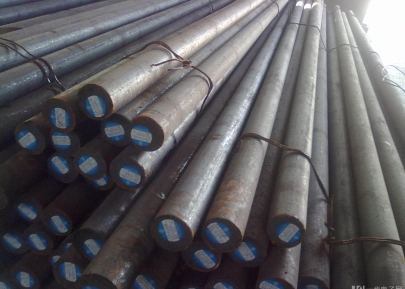Unraveling the Synergy Between Mould Base and Copper Bar: Why This Dynamic Duo Is Revolutionizing Manufacturing!
In the ever-evolving world of manufacturing, discovering synergies that drive efficiency and productivity is critical. Today, I want to delve into a fascinating pairing that is transforming our approach to production: the mould base and the copper bar. Together, they form a formidable alliance that redefines traditional methods and paves the way for innovative applications.
The Anatomy of the Mould Base
To appreciate the impact of this collaboration, one needs to understand the mould base itself. It serves as the backbone of many manufacturing processes, particularly in injection moulding and tooling. But what makes it so crucial? The mould base is designed for durability, precision, and adaptability, making it an indispensable component for high-quality production.
- Durability: Resists wear and tear under high pressure.
- Precision: Ensures consistent product quality.
- Adaptability: Can accommodate various moulding requirements.
The Emerging Role of Copper Bar
When I first encountered the idea of integrating a copper bar into manufacturing processes, I was intrigued. Copper is not only an exceptional conductor of electricity but also boasts significant thermal conductivity. This combination opens doors to several advantages, particularly where heat management is concerned.
Why Use Copper Bar? An Overview
The Copper Bar Top is designed to enhance heat dissipation within moulds, preventing overheating during production cycles. This is particularly vital in high-speed manufacturing where precision thermal management can make the difference between success and failure.
| Property | Mould Base | Copper Bar |
|---|---|---|
| Thermal Conductivity | Moderate | Excellent |
| Electrical Conductivity | Poor | Superior |
| Cost Efficiency | Varies | High |
How Do They Work Together?
The real magic happens when we combine these two elements. Utilizing a copper bar within a mould base enhances the thermal management system directly within the production process. Imagine a scenario: while operating at high speeds, the copper bar actively draws heat away from critical mould areas, leading to:
- Improved product consistency and quality.
- Extended lifespan of the mould and machinery.
- Reduced manufacturing downtime.
Does Copper Block Cell Phone Signal?
This got me thinking about common misconceptions, especially regarding materials like copper. A pertinent question arises: does copper block cell phone signal? The answer is yes—copper does interfere with certain electromagnetic signals. However, in manufacturing contexts, this property can be less relevant compared to its advantages in heat management and conductivity.
Innovations in Manufacturing Techniques
I’ve observed firsthand how the integration of these technologies fosters innovations. Companies adopting mould bases with integrated copper bars are witnessing significant shifts in their operational capabilities:
- Enhanced energy efficiency, lowering operational costs.
- Customization opportunities for specific production needs.
- Reduction in material waste, promoting sustainability.
Challenges and Considerations
Of course, navigating this synergy isn't without its challenges. The cost of copper can be prohibitive, and the question of how to manage its integration into existing systems arises constantly. Yet, the long-term savings and gains often surpass these initial roadblocks.
Conclusion: A Revolution in Manufacturing
The union of the mould base and copper bar signifies more than just a trend; it is a revolution in manufacturing. By harmonizing their respective strengths, manufacturers stand to gain in efficiency, product quality, and sustainability. As I ponder the future, I’m excited about the endless possibilities this dynamic duo offers to shape the industry landscape.
In summary, leveraging the strengths of both mothers can lead to a profound impact on production methodologies. The quest for efficiency and quality never ends, and with each innovative partnership, we transcend the limits of traditional manufacturing.



